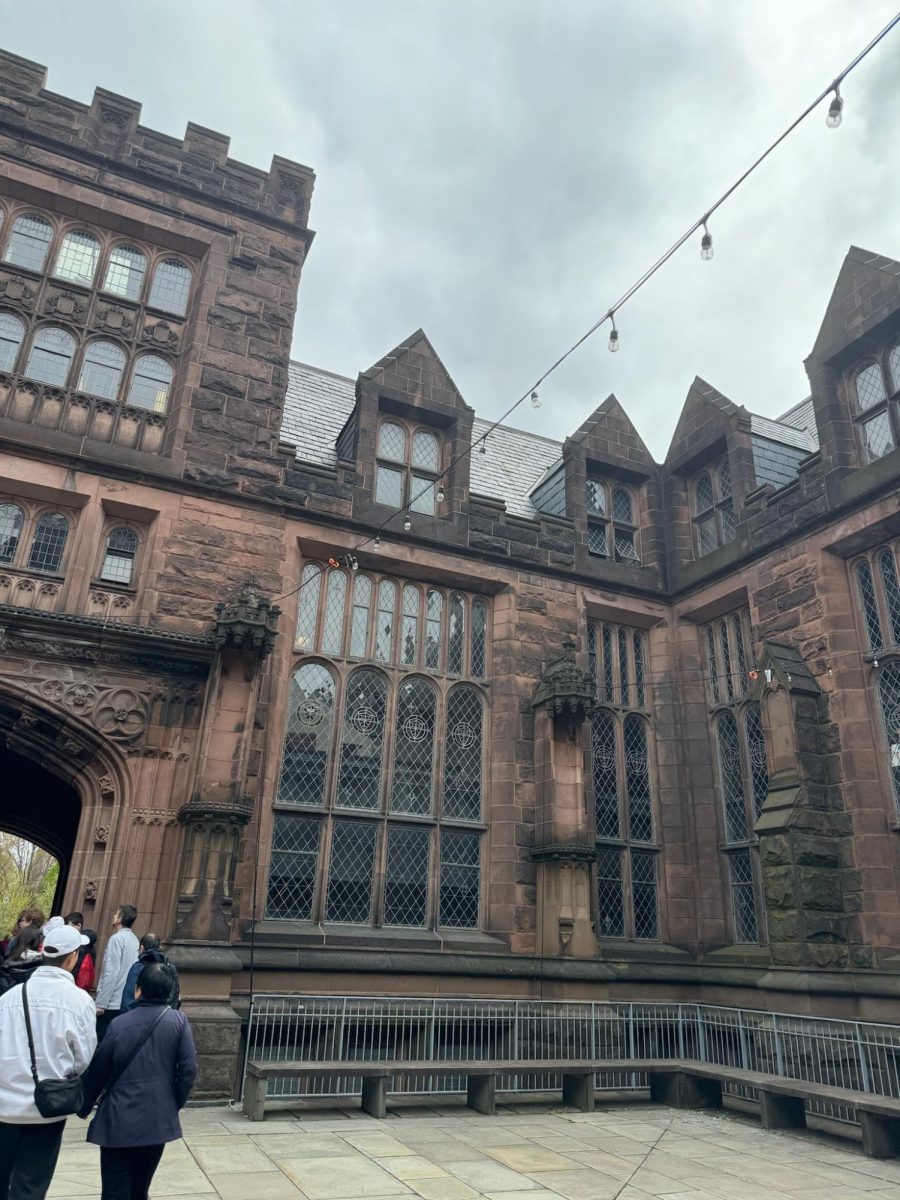Governor Martin O’Malley signed a bill into law March 2 allowing same-sex couples to marry in Maryland.
The law will go into effect in 2013, but is likely to be voted on as a referendum on the Maryland 2012 ballot. The bill passed in the House of Delegates with a 72-67 win and in the Senate with a 25-22 win.
“Maryland has been attempting to pass a same-sex marriage bill for two years in the legislature, but many members of the General Assembly’s gay Caucus have been trying for many years,” said Takirra Winfield, O’Malley’s press secretary.
When it was introduced last year, the bill was shot down in the House of Delegates.
“One difference is that Governor O’Malley sponsored the legislation this year, and he did not last year,” said Ben Yelin, legal director for Senator Robert Garagiola (D-Montgomery County), “It’s possible that some delegates wanted to support the Governor.”
According to a March 1 ABC7 News article, Maryland is the seventh state to sign same-sex marriage into law.
“I think it’s really incredible that our state officials have come to realize the importance of equality with respect to same-sex marriages,” senior Tiffany Kazemi said, “By passing the bill, our state comes a step closer in fighting for the equality same-sex couples deserve.”
According to Philip Litton, a staff member for Delegate Neil Parrott (R-Washington County), petitions for a referendum will not be circulated until the petition leaders, including Parrott, receive approval from the Maryland Marriage Alliance, an organization that aims to preserve the traditional definition of marriage.
“We will need a historic grassroots education and mobilization campaign to defend our legislation and turn out a pro-marriage majority,” Senator Jamie Raskin (D-Montgomery County) said.
According to a Feb. 23 Washington Post article, although the Maryland legislature facing major resistance from African American political groups, particularly ones with ties to evangelical churches.
Yelin believes that even if the bill is repealed this year, the issue will probably be readdressed in the future.
“This could very well be the civil rights issue of our generation,” Winfield said. “When the generations to come look back on this, they may say ‘Why did it take them so long?’”







